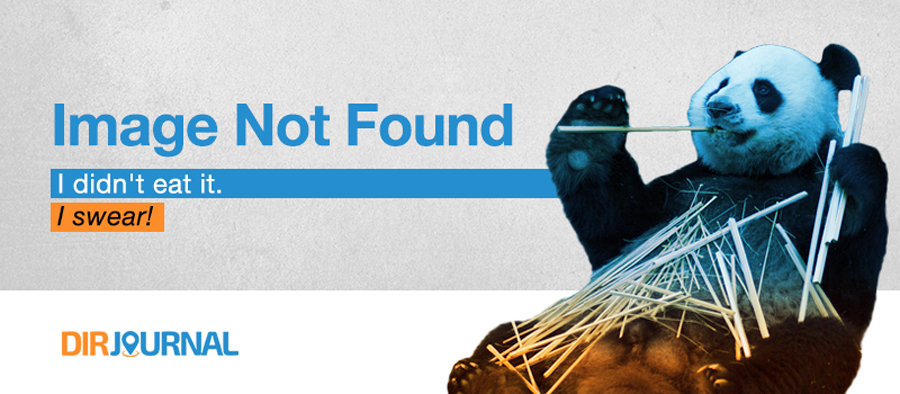Wikipedia is a free online encyclopedia and the name is a combination of “wiki” meaning “quick” in Hawaiian and encyclopedia. It is updated in more than 100 languages and the English version has nearly 2 million articles.
Initially, Wikipedia was just an extension of Nupedia but when Nupedia’s advisory board rejected the idea of a public edited encyclopedia, Wikipedia overtook Nupedia with the quality of content and the number of visitors. In two years time, Nupedia was abandoned and all the content from there incorporated into Wikipedia.
The most unique concept of Wikipedia is that anyone, even under the cover of anonymity can make changes to the content by clicking on the “edit” button, making it a good source of information as it is continually updated with the latest developments. This uniqueness is also what causes the controversies. Many people, including several educational institutions do not take into consideration any references from Wikipedia, as they believe that allowing people to edit the content, makes it an un-authoritative source of information with a huge possibility of vandalized content.
A scientific publication has reported to have done a comparative study of Encyclopedia Britannica and Wikipedia, and the result was that, while Britannica suffered from fact omission, Wikipedia is reported to contain inaccurate information.
Wikipedia, over the years, had to face a lot of flak, including defamation cases because of people claiming that things written about them were untrue. The recent defamation claim was by literary agent Barbara Bauer, who sued Wikipedia because of statements that were written about her that said, “dumbest of the twenty worst” agents and also saying that she had “no documented sales at all.” However, this case was dismissed because according to federal law, Wikipedia Foundation is immune to liability for statements written by the users as it is considered to be free speech content generated by users.
Can anyone write anything they want and get away with it? Since when do people have the right to defame others? Does this mean that sites like Wikipedia and other online communities can continue to use user-generated content without fear of lawsuits? These are the questions being asked by some people.
Although, a page in Wikipedia clearly states that all entries submitted should be neutral, this is not always followed and content that is biased does take its place in this encyclopedia in spite of there being editors.
The discussion at hand is whether it is possible to make this work, more so with political topics that are controversial. An entry for U.S. President, George Bush came to light, where the content was about the time when George Bush entered the Texas Air National Guard.
The sentence in Wikipedia is, “In May 1968, at the height of the Vietnam War, he entered the Texas Air National Guard. He trained in the guard for two years, where he was among the last to learn to fly the F-102, a place not used in Vietnam and due to be retired.”
The question that was asked is whether it is really necessary to mention that he was one of the last.
A comparison was drawn with the Encarta encyclopedia’s version of the same, which said, “He did his basic training at Lackland Air Force Base in San Antonio, Texas, and entered a pilot-training program at Moody Air Force Base in Valdosta, Georgia. He received favorable reports from his superiors, attained the rank of second lieutenant, and was certified to fly the F-102 jet fighter during training missions in the South and along the Gulf Coast.”
The difference with Encarta is that, people can edit the content but with editor approval.
Wikipedia ultimately reacted to this controversy by not allowing people to edit that page, with the statement, “As a result of recent vandalism, or to stop banned editors from editing, editing of this page by new or unregistered users is temporarily disabled.”
Another strong bias about Wikipedia is said to be where atheism is concerned. People say that it failed to show that American atheists give much less to charity when compared to theists. Other articles in Wikipedia try to associate atheism with the progress of science; whereas, it is argued that it is Christianity that is the cause for the development of modern science. A section of people also associate this bias to a co-founder of Wikipedia being an atheist.
Another example that is given is that of Wikipedia censoring “the Wikipedia Review” which is a huge forum that is critical of Wikipedia. This forum was also listed under the spam blacklist in Wikipedia earlier.
Amongst all these controversies and biases, there are many who feel that finding a middle ground and attaining a neutral point of view, for either Wikipedia or other encyclopedias may not be possible when there is no restriction on the editing of content. Even removal of the so-called bias may not be possible, because what is bias for one may not be for others.







